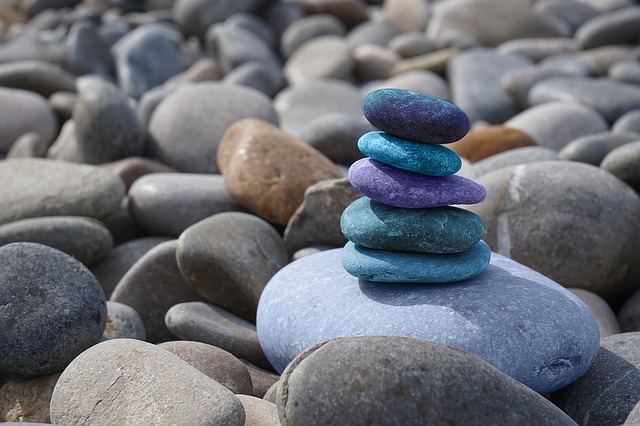In my previous post, I identified five strategies I could use to establish and maintain a daily practice of Tai Chi. The strategies can be applied to any form of mindfulness practice, whether some form of meditation or a practice such as mindful walking, mindful eating or open awareness. In reflecting on these strategies, I realised that underpinning them was the need to reprioritise my mindfulness practice according to its level of importance to various aspects of my life. Reprioritising means
to arrange things in a new order of importance.
Identifying the importance of your mindfulness practice
A starting point for reprioritising your mindfulness practice is to identify what it brings to your life, how it improves your life in its various aspects and what its importance is to your overall quality of life.
You can ask yourself a series of questions that will serve to highlight the importance of your mindfulness practice:
- does it give you clarity, confidence and creativity in your daily work?
- how does it help you to manage your stress at work and home?
- in what way does it improve your significant relationships, e.g. with your partner, your children or your work colleagues?
- what does it bring to your favourite sporting activity? (e.g. my practice of Tai Chi develops balance, coordination, timing and control in my tennis game)
- does it help you to appreciate your life more and build a positive outlook?
- what does it do for your physical health?
- how does it improve your mental health and sense of equanimity?
If you can truly and comprehensively identify the ways in which your mindfulness practice contributes to your quality of life, you will build the motivation to reprioritise your mindfulness practice so that it assumes a regularity and consistency that reflects its importance to you.
Reprioritising your mindfulness practice
If you want to reprioritise your mindfulness practice, it means that you have to create space in your life to enable this to happen. This means that you have to give up something else if you have a life characterised by busyness. Again, you can ask yourself a series of questions and be honest with yourself:
- do you really need to spend the time getting and drinking the extra cup(s) of coffee or tea?
- do you feast on the news, forever checking what is happening in the world around you and beyond?
- how often do you access email and divert your attention from your task at hand?
- are you wasting time by multitasking?
- how much time do you devote to watching television shows, movies or sports events?
- how much time do you spend on social media and what does this activity add to your quality of life?
If you review how you spend your time, you can invariably find a way to reprioritise your mindfulness activity so that it assumes a priority that reflects its importance to your quality of life.
As we grow in mindfulness, we can become more aware of the importance of our mindfulness practice for our quality of life, identify how we spend our time and learn to accord our mindfulness practice the priority it deserves. This is, undoubtedly, an ongoing learning process.
____________________________________________
Image source: courtesy of Alexandra_Koch on Pixabay
By Ron Passfield – Copyright (Creative Commons license, Attribution–Non Commercial–No Derivatives)
Disclosure: If you purchase a product through this site, I may earn a commission which will help to pay for the site, the associated Meetup group and the resources to support the blog.

